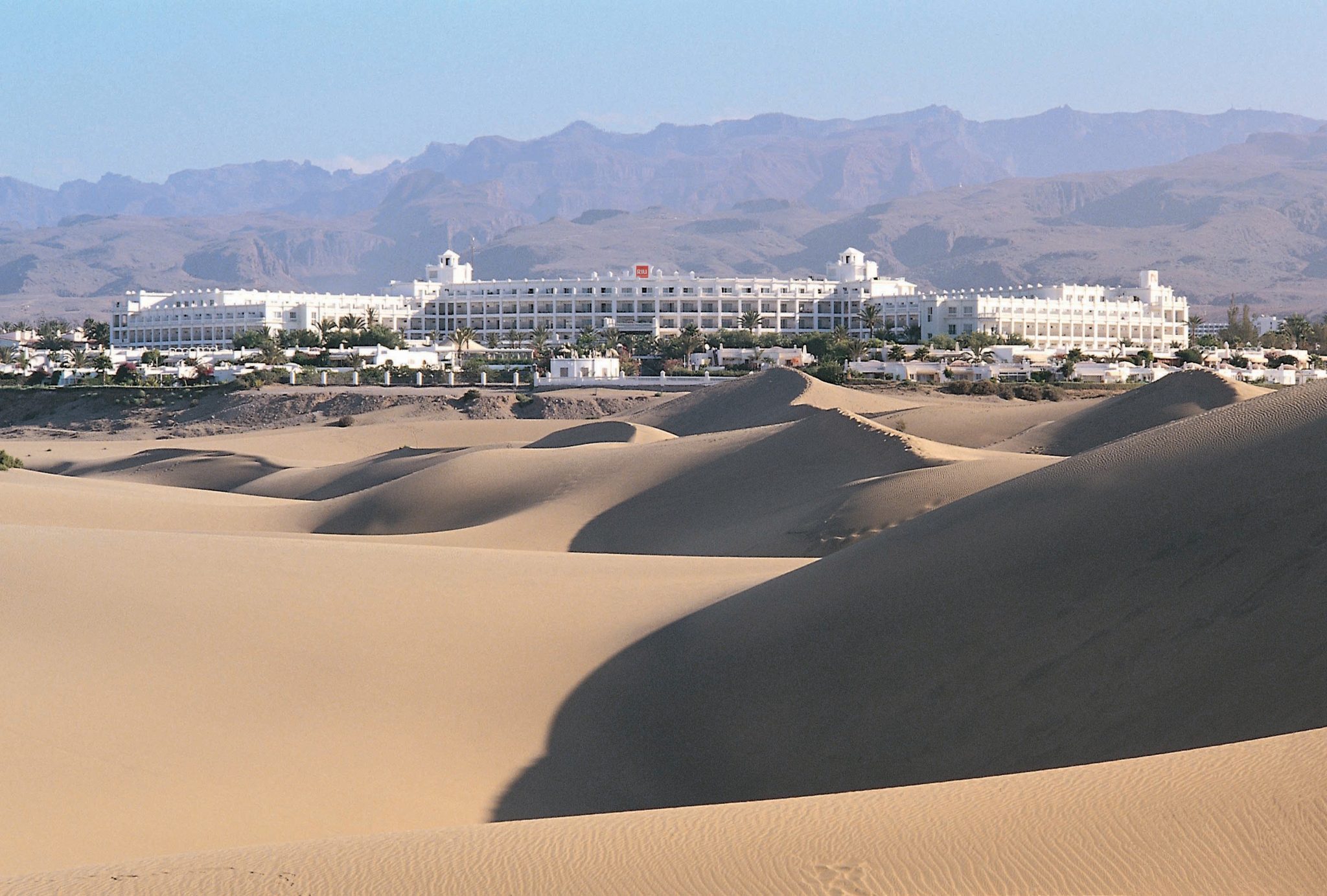Skift Take
A big part of the protests is about stopping the rise in short-term rentals. But that is far from the only area where activists want to see change.
TUI CEO Sebastian Ebel said recent protests in the Canary Islands were not about tourism, but rather about a shortage of housing and lack of regulation of online platforms like Airbnb.
The protests started last week with tens of thousands taking to the streets in Tenerife. They are calling for the government to limit tourist arrivals to ease pressure on the environment, infrastructure and housing supply. They say tourism is forcing them into unsafe and unstable working conditions and pricing them out of their homes.
Protests have grown in severity, with one group going on an indefinite hunger strike. Protestors brought signs saying “This is not tourism, it’s colonization!” and “The Canary Islands are not up for sale!”
Ebel told German travel news source, FVW, that unregulated online booking platforms are driving up housing prices and are to blame, rather than tourism as a whole. “These are not protests against tourism,” he said. “They are protesting in favor of tourism that is socially responsible and economically successful for the local people.”
“The good image of tourism must not be damaged by the kind of excesses that have apparently developed,” he adds. “The Canary Islands have been one of our customers’ favorite holiday destinations for years,” he said.
TUI has at least 276 offerings in the Canary Islands.
Package Tourism vs. Rental Tourism
Ebel makes a distinction between organized tourism, which includes package holidays, and involves guests going to hotels “where many local people work.” That is opposed to individual trips, which include people booking local apartments. This kind of tourism causes more and more of the housing stock to be offered up for holiday accommodation, he says.
“This not only reduces the supply, but also drives up the prices of available flats…compare this to a hotel being built: It is not without authorization. The size and location are approved by the administration. Hotels provide jobs and development opportunities for local people for years to come.”
However, these protests were triggered by a vote in Spain’s parliament not to stop the construction of a hotel and a resort that markets itself as an eco-resort, Cuna del Alma.
Since the 1980s, the Islands’ tourism model has been to attract as many tourists as possible. But hotel owners and investors only have to pay 4% tax and could send profits back to their home country, which means that very little of the income generated would trickle back into the population. The model has not changed since.
It’s Not Just About Housing
While a big part of the protests was about stopping the rise in short-term holiday rentals and hotel building, which drives up housing costs for locals, this is far from the only area where activists want change.
Discontent has been growing for years. Spain’s National Statistics Institute shows that 33.8% of the people in the Canaries are at risk of poverty
The islands receive a massive number of visitors each year. Home to 2.2 million people, almost 14 million international tourists visited in 2023. Tourism accounts for 35% of the islands’ GDP. Activists agree tourism is necessary for the economy but say they are also not sure they can survive if it continues.
Locals are calling for an eco-tax to help protect the environment, a pause on tourism and a limit on the sale of properties to foreigners. The protests were organized almost entirely by environmental groups, including Greenpeace, WWF, Ecologists in Action, Friends of the Earth, and SEO/Birdlife.
Current policies make it easy for foreigners to visit and then require investment if they want to stay. For example, British citizens can be in the archipelago for up to 90 days in every 180-day period. When that period lapses, the only way to stay is to invest more than $535,000 in real estate or business.
Activists have also expressed frustration that the government continues to focus on tourism rather than the impacts of the climate emergency, which has led to cuts in water supplies.
The protest efforts have pushed the government into action. Tenerife just announced a tourist tax that will go into effect on January 1, 2025. Officials are also working on drafting a law that places harsher regulations on short-term rentals. It is expected to pass this year.
TUI is in discussions with the regional government in the Canary Islands. It is considering how it can provide more housing for those working in the tourism industry in the Canary Islands, but also in Greece, where there are similar concerns about overtourism.
Stepping back to take a bigger picture perspective, Ebel said that TUI is concerned about how “ever-increasing regulation” in the European Union as a whole could impact his company’s services.
“We offer real jobs and real investment in destinations,” he says. “And yet we are the ones who are to be further regulated.”
CLARIFICATION: This article has been updated to clarify the TUI CEO’s remarks about European Union regulation.
Have a confidential tip for Skift? Get in touch
Tags: canary islands, dwell, overtourism, regulation, regulations, regulators, tour operators, tourism, Travel Experiences, tui
Photo credit: One of TUI's hotels, RIU Palace Maspalomas, in Gran Canaria. Source: TUI

